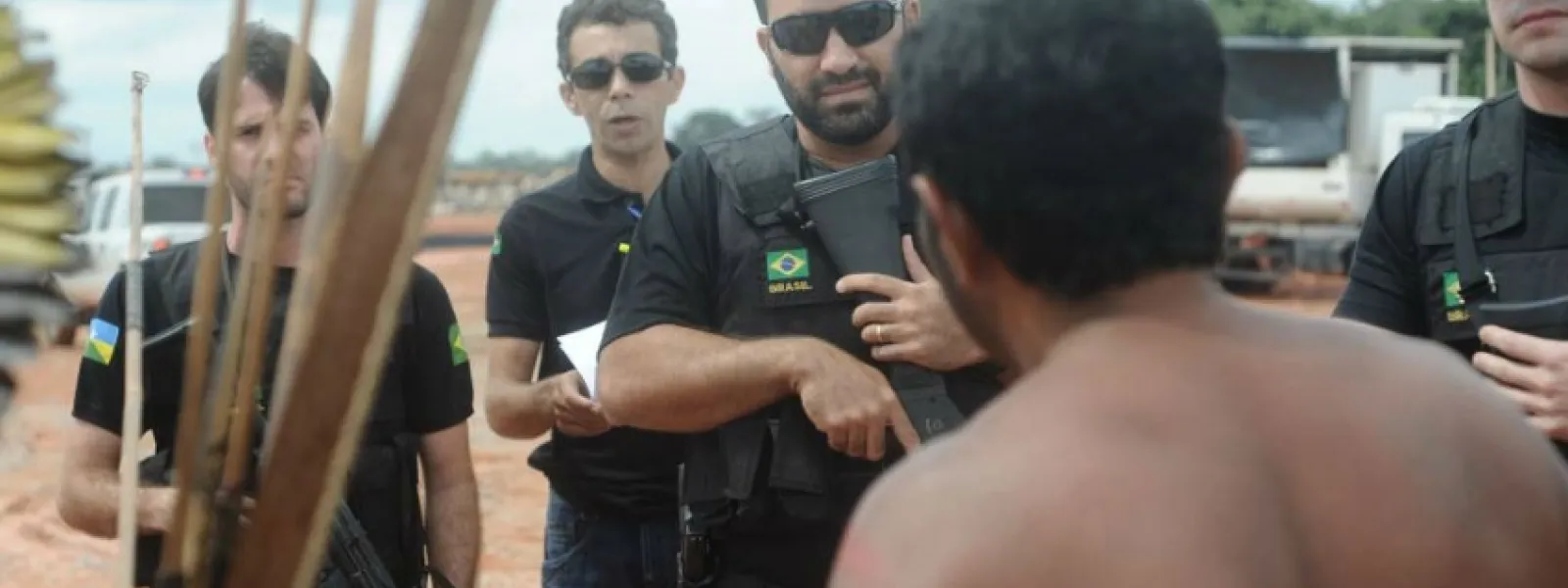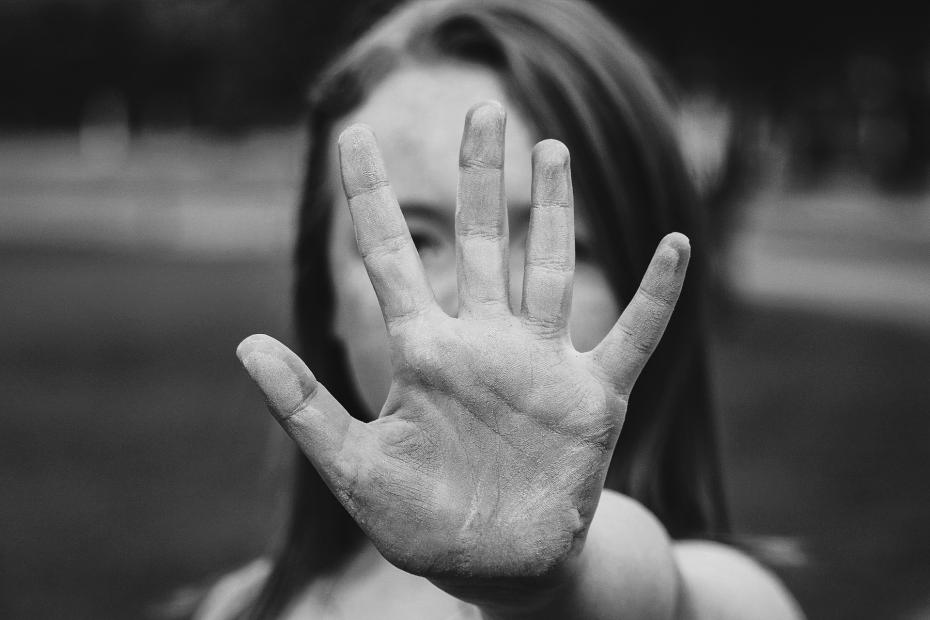
As killings increase, how can we defend the defenders?
Photo: Movimiento Xingú Vivo para SiempreOf the 87 human rights defenders murdered in Latin America in 2016, 60 were defending rights linked to environmental destruction.
That’s according to a new report from Global Witness. Worldwide, at least 200 environmental defenders were killed in 2016, making it the most dangerous year for environmentalists on record. And 60 percent of these murders occurred in Latin America. Disturbingly, these statistics likely underrepresent the problem, as many killings of defenders and activists around the world go unreported.
Environmental defenders are also frequently subjected to harassment, intimidation, death threats, arrests, sexual assault, kidnapping, and lawsuits intended to silence them.
“The battle to protect the planet is rapidly intensifying and the cost can be counted in human lives,” Global Witness campaigner Ben Leather said. “More people in more countries are being left with no option but to take a stand against the theft of their land or the trashing of their environment. Too often they are brutally silenced by political and business elites, while the investors that bankroll them do nothing.”
The roots of the problem
Why are so many activists under threat, simply for speaking out and raising awareness about environmentally destructive projects?
Governments argue that mining, oil and gas extraction, logging, and dams will boost their countries’ economy. But corporations typically hire outside contractors, creating few if any local jobs. And in many situations, development projects pollute the environment, displace entire communities, and infringe human rights. Some projects, like large hydroelectric dams, also hurt biodiversity and contribute to climate change.
Furthermore, governments must often rely on transnational corporations or foreign investment to fund these projects. As a result, profits from mining, oil and gas, or large dams often benefit international corporations or a country’s most-wealthy businessmen, but are not always invested into local communities.
This situation produces extreme rates of economic inequality. Honduras, for example, is one of the most unequal countries in Latin America and has had the highest per capita rate of killings of environmental defenders over the last decade. Twenty percent of the wealthiest people in Honduras reap 60 percent of the national income, leaving almost two-thirds of Hondurans to live in poverty or extreme poverty, according to the Organization of American States.
When activists—many of them indigenous—speak out against these environmental and economic injustices, they’re often denounced as enemies of progress. Working together, governments and corporations try to silence outspoken defenders. When censorship is not enough, the military, police, and mercenaries are called to silence the opposition with escalating threats and violence.

How to defend the defenders
Each year, as the problem intensifies, we’re reminded of our duty to stand up for environmental and human rights defenders, and of the need to institute adequate policies for their protection.
Here are several ways governments and citizens alike can protect defenders around the world:
- International Law. Governments around the world are party to international treaties and conventions that obligate them to uphold certain human rights standards. When these basic rights aren’t respected, it’s up to the international community to step in and protect activists under threat by pressuring governments to enforce the law. AIDA works in this way to hold governments accountable and encourage the immediate adoption of measures to guarantee the life and integrity of at-risk activists. “States must guarantee a favorable environment in which people can safely perform their work to protect the natural world,” AIDA attorney Astrid Puentes Riaño said. “States should also investigate these instances of violence. The murders of those who bravely defend the environment must not go unpunished.”
- Domestic Legislation. When international pressure doesn’t work, domestic laws can help pressure States into protecting activists who speak out.
In the United States, for example, legislation has been proposed that would suspend US military and police aid to Honduras until the Honduran government investigates human rights violations in the country. The bill could help protect activists there and serve as an example for other countries that would like to follow suit. - Emergency Measures. Emergency visa measures or diplomatic protections to remove endangered activists from harm can be useful in relocating activists across borders or protecting them in another way.
- Global Solidarity Campaigns. Solidarity campaigns organized by coalitions of human rights organizations and supported by the media hold great potential. If these outlets simultaneously, consistently, and reliably raised the alarm of an activist under threat, governments and corporations might think twice before trying to silence the person at risk.
This, of course, involves you too. There’s no substitution for the mobilization of community support—in the streets, on social media, in your daily life. Standing up, speaking out and raising awareness is the first step toward building a more just future.
These are just some of the solutions to this growing problem, and their success depends on all of us. Showing we’re not afraid to fight for environmental justice and a future that respects everyone’s human rights is not just a good idea, it’s necessary for our survival.
Scott Squires

Scott Squires assisted the AIDA communications team with blogging, media outreach, and other tasks to further AIDA’s projects. He is currently a graduate student pursuing Masters' Degrees in Global Policy Studies and Journalism at the University of Texas at Austin.
